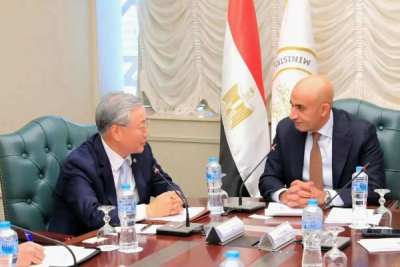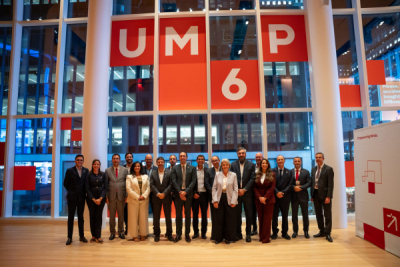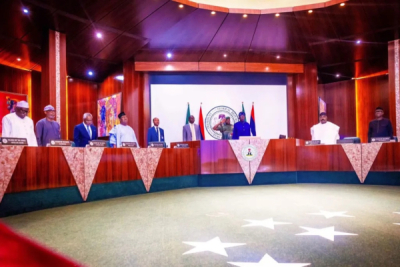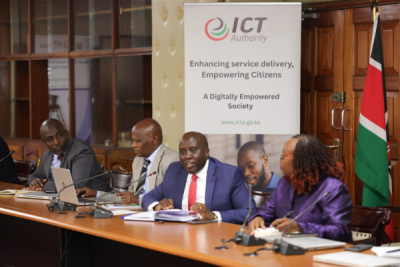This move mirrors global trends: many countries (from the U.S. to Kenya and Nigeria) are adopting policies to tax the digital economy, ensuring fairness between traditional businesses and online players.
The Ghana Revenue Authority (GRA) has unveiled comprehensive systems to monitor the earnings of bloggers, content creators, and creative professionals, emphasizing that all income earners—formal or informal—are required to meet their tax obligations.
Speaking at Joy FM’s 7th Showbiz Roundtable in Accra on September 6, Isaac Kobina Amoako, Chief Revenue Officer and Head of the GRA’s IT Training Centre, explained that the authority now applies the same tracking mechanisms used for traditional income earners to the digital and creative sectors.
“The same way we track all income earners is the same way we track the income of creatives,” Amoako told participants at the event, themed “GRA vs. Creatives – Taxation and the Future of Ghana’s Creative & Digital Economy.”
According to the GRA, its monitoring framework includes informant networks, third-party reporting, and surveillance of banking transactions. For creators who operate outside traditional banking channels, payments can be tracked through intermediaries handling financial flows on their behalf.
Alongside the compliance measures, the authority announced new incentives for young entrepreneurs in the sector. Victor Yao Akogo, Chief Revenue Officer at the Domestic Tax Division, revealed that creative businesses owned by individuals under 35 will benefit from a five-year tax holiday. In addition, modified rules introduced in September 2025 exempt some creatives from mandatory Value Added Tax (VAT) registration, easing the burden on smaller or informal operators.
The forum, which convened musicians, filmmakers, DJs, bloggers, event organizers, fashion designers, and comedians, explored how taxation is shaping Ghana’s fast-growing creative and digital economy. Speakers included Kojo Poku of the Event and Meeting Professionals Association of Ghana and Francis Doku, CEO of Maestro Africa Group.
The GRA’s broader strategy is to ensure that modern revenue streams—ranging from advertising and sponsorship deals to content platform earnings—are captured within the national tax net. Industry figures also called for closer collaboration. Playwright and Globe Productions CEO Latif Abubakar stressed the importance of partnership between tax authorities and creatives, noting the sector’s potential to significantly boost Ghana’s GDP if properly formalized.
The announcement comes as Ghana seeks to formalize its digital economy and capture revenue from online activities that are rapidly becoming mainstream sources of income. The GRA’s dual approach—tightening monitoring while offering incentives—reflects an effort to balance compliance with support for the growth of the creative sector.
The creative economy is often difficult to tax because much of the revenue comes from diverse sources like influencer sponsorships, YouTube ad revenue, DJ gigs, event organizing, or cross-border payments. The GRA’s new monitoring mechanisms show the government is moving to close revenue leakages and capture funds that might otherwise slip through the cracks.
For content creators, the message is clear: digital earnings are subject to the same obligations as traditional income. Ghana’s tax-to-GDP ratio, at 13.8% in 2022, remains well below the government’s target of 18–20% by 2027. This gap highlights why the GRA is intensifying efforts to bring informal and digital sectors into the tax net. By focusing on bloggers, influencers, and digital creators, the GRA is not just chasing compliance—it is attempting to widen the tax base in line with national fiscal goals. The combination of monitoring systems and youth-focused incentives suggests an effort to strike a balance: ensuring revenue collection while encouraging entrepreneurship and growth in the creative economy.
If successful, this approach could both boost state revenue and help formalize Ghana’s digital creative sector, making it a more stable contributor to economic growth.
Hikmatu Bilali



















